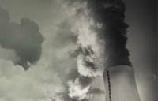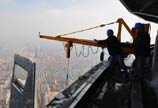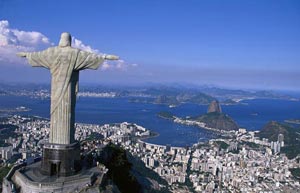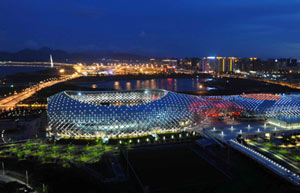Zheng Xinli, deputy director of the government's China Center for International Economic Exchanges think tank and former deputy director of the Policy Research Office of the Communist Party of China Central Committee, said the current price stability can provide a "preferable environment" for the government to focus on structural reforms rather than hurrying to promote economic growth.
 |
|
 |
"The past high growth rate that depends on high investment, high resource consumption and high pollution should be ended," he said.
Economists don't have an overly optimistic outlook on the economic situation this year. They said that industrial overcapacity, a weaker housing market, local governments' heavy debt and the rapidly growing "shadow banking" system will combine to threaten China's economy or drag it down to an unexpected low level in the first half.
The January macro indicators sent a mixed message overall, with strong trade and credit figures, and a weak manufacturing purchasing managers' index and producer price index, which highlighted a lack of corporate pricing power and a lingering overcapacity problem in the manufacturing sector.
Ma Xiaoping, an economist with HSBC in China, said the leadership still has enough room for maneuver to avoid a sharp slowdown in 2014, such as the one in the first half of 2013.
"Compared with last year, policymakers have more experience in economic expectation management, and they know that relatively stable growth will help push forward reform plans," Ma said.
Yao Wei, chief economist in China with the French bank Societe Generale, said: "We expect no major easing just yet and think the government will tolerate further slowdown by announcing a range as the 2014 growth target. Maybe it will be between 7 to 7.5 percent instead of fixating on 7.5 percent, at the National People's Congress meeting in early March".
Don't miss:
|
 |
 |
| China's top 10 richest cities |
|
|
|
|
|
|
|
|
